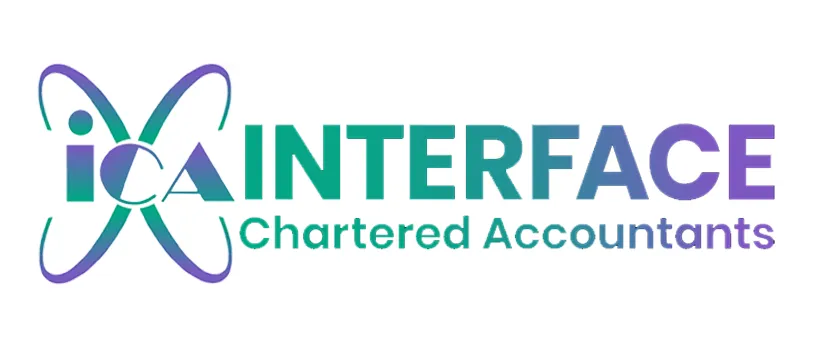As the online business world grows, so do the options for e-commerce services. Whether you’re just starting or you’ve been in the game for a while, an e-commerce accounting service can help you take your business to the next level.
What is E-Commerce accounting?
Ecommerce accounting is the process of gathering, examining, classifying, and disclosing financial information about assets and business transactions inside an e-commerce business.
No matter what stage your e-commerce business is in, bookkeeping and accounting are two of the most important factors affecting its long-term success. Things might quickly go wrong without a reliable e-commerce bookkeeping and accounting system.
E-commerce accounting can be a complex and time-consuming task for businesses. Fortunately, several e-commerce accounting services can help organizations to manage their finances and keep on top of their accounting. Regarding e-commerce accounting, it is necessary to select a service that will meet the specific needs of your business. There is no one-size-fits-all solution, so research and choose the exemplary service for your business.
What you need to start E-Commerce accounting
The following things are essential to start any form of accounting, particularly e-commerce accounting:
Bank account.
- Business tax ID number.
- Accounting solution.
Bank Account:
Opening a separate business bank account is the first step on your path to precise and organized e-commerce accounting. Various banks provide several packages for accounting for e-commerce business owners. They may also have different offers and maintenance costs. As a result, look around at many banks before selecting the best bank for your e-commerce endeavor. Finding a trustworthy and efficient payment processor is also essential if you want to collect payments online successfully. You can also keep your personal and business assets apart by opening a different e-commerce account.
Business Tax ID Number:
You must provide this nine-digit number on your company’s tax documents. You can submit your request electronically rather than in person at the IRS. Owners of businesses receive it by email. It’s important to note that corporations and partnerships require an EIN. Contrarily, sole proprietors include their Social Security Number (SSN) on all tax-related and business-related paperwork.
Accounting Solutions:
One such service is Xero, which offers online accounting software that is easy to use and helps businesses stay on top of their finances. Another popular e-commerce accounting service is QuickBooks, which provides a range of features to allow enterprises to manage their finances. Other e-commerce accounting services include Fresh Books, Wave Accounting, and Sage One. These services offer different features and benefits, so it is essential to compare them before choosing one for your business.
Tracking book-keeping records:
- Invoicing
- Balance sheets
- Transaction categorization
- Payroll management
- Account reconciliation
- Account payables and receivables management
Types of accounting of e-commerce business:
Cash method banking:
When you use the cash method of accounting, you must create a new record each time money enters or exits your bank account as an expense. All transactional data from your payment systems and bank accounts are reflected in your books.
Cash basis accounting works for:
- Small e-commerce sellers.
- Maker businesses.
- Products-on-demand stores.
- Amazon FBA stores.
- Drop shipping operations.
Because it does not account for future receivables and payables, this accounting system isn’t the most excellent option for larger e-commerce enterprises.
As a result, stay away from cash-based accounting if you:
- Manage a multi-supplier, high-stock volume e-commerce operation.
- Prepare to submit a funding request or obtain a loan for your company.
- Want to hire auditors and obtain financial accounts that have been audited
Accrual accounting
Contrarily, accrual accounting requires you to record each sale or expense as soon as it occurs, regardless of when the money enters (or exits) your bank account.
Accounting for e-commerce businesses and companies:
Small business failure is undoubtedly caused by poor cash management or operational inefficiencies, especially during the first year, but accounting can prevent this. Small firms face significant obstacles due to scarce resources. The majority of their financial roadblocks are eliminated with accounting’s assistance.
Banks, for example, feel more comfortable providing credit to companies with their accounting system in place or, at the very least, managing their accounts efficiently; this helps small firms get the money they need. Small businesses can avoid a typical issue, running out of cash, by effectively tracking the financial flow. As business owners become more adept at understanding income statements, cash flow statements, and balance sheets, they can better comprehend their companies’ financial health.
According to interface accountants, Small firms can prevent theft and fraud by employees, clients, and suppliers, and across various divisions, by having a firm hold on these. In particular, cost accounting assesses whether a project is worthwhile participating in or not, sparing small enterprises from taking on ventures they mistakenly believed would yield significant profits.
Small businesses are better equipped to preserve money for future needs when they have accounting, which eventually reduces their financial obligations. With all of this, hiring an accountant is usually a good idea.
 Skip to content
Skip to content

